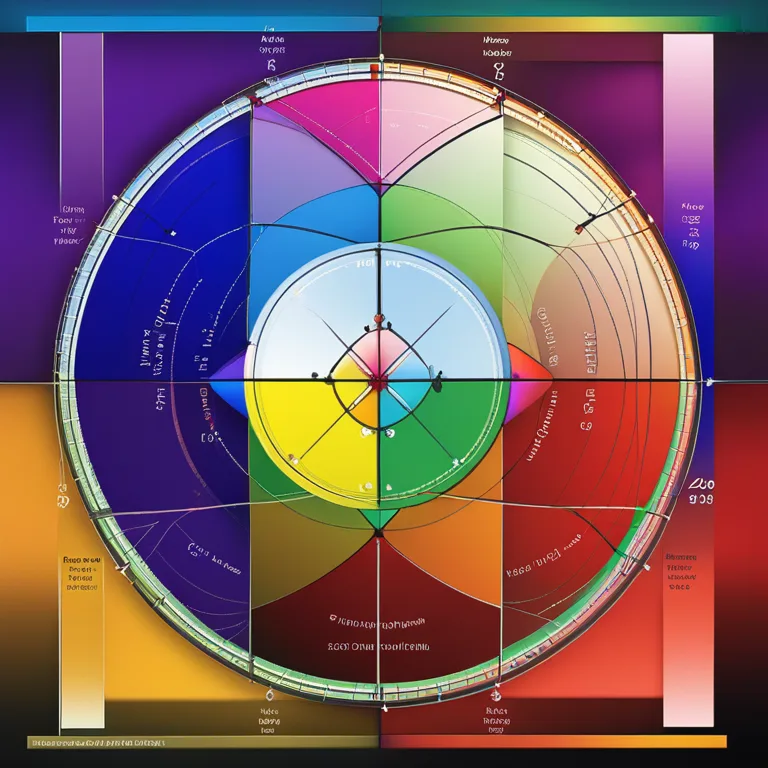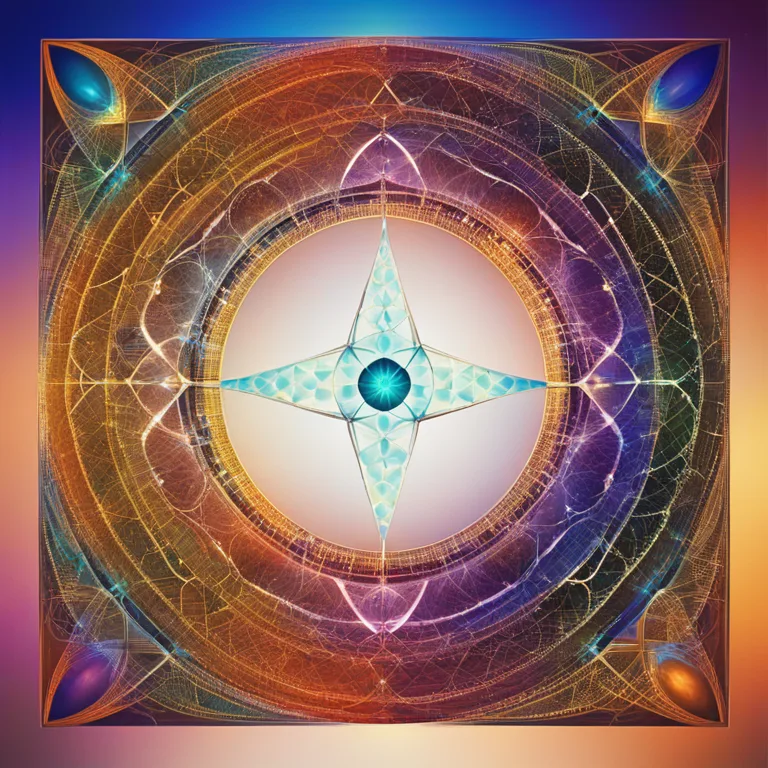
Biorhythm Compatibility: Syncing Birthdays for Harmony
Discover the intriguing world of biorhythm birthday compatibility, a guide to understanding personal rhythms and potential relationship harmony.
article by Adrian Wallace
Biorhythms: Interpreting Life's Cycles
Biorhythms are a part of an intriguing pseudoscience that suggests our lives are governed by rhythmic biological cycles. These cycles influence our physical, emotional, and intellectual capabilities, with each beginning from the day we are born. Advocates for biorhythms believe that calculating these can help predict periods of strength, weakness, and critical transitions. Given that these cycles fluctuate, it's not just personal insights they offer but also a fascinating glimpse into how we align with others, particularly in relationships.

The Triadic Cycle Theory
In the field of biorhythms, three primary cycles are considered: the 23-day physical, 28-day emotional, and 33-day intellectual cycle. By mapping these cycles out from an individual's birth date, a biorhythm chart can be created. Many people use these charts to evaluate their own daily well-being. Looking at two individuals' charts, compatibility can be hypothesized based on how their cycles coincide or diverge, theoretically predicting potential harmony or discord within various aspects of a relationship.

Biorhythm Compatibility for Couples
When two people's cycles overlap positively, it suggests a period of harmonious interaction, while opposing cycles might predict challenges. Thus, biorhythm birthday compatibility delves into the synchrony of partners' biological rhythms to assess the potential peaks and troughs of their togetherness. While such analyses are not scientifically validated, they present an entertaining aspect for those interested in alternative relationship insights. Compatibility charts can especially highlight days that are opportune for collaboration, intimacy, or problem-solving.

Calculating Your Compatibility
To calculate biorhythm compatibility, one must first determine the three biorhythmic values for each person using their birth dates. Several online calculators and dedicated software are available for this purpose, but the principle remains consistent: enter the relevant birth dates and examine the resultant overlapping cycles. Modern interpretations of biorhythms have given rise to elaborate software incorporating secondary cycles like spiritual, intuition, aesthetic, and awareness cycles, which claim to offer more nuanced insights into interpersonal dynamics.

Using Biorhythms to Enhance Relationships
While skeptics question the scientific basis of biorhythms, enthusiasts argue that these patterns can foster better understanding and empathy among couples. By anticipating one's own ebbs and flows, as well as those of a partner, individuals can potentially navigate relationship challenges with greater foresight and compassion. Tactics could include planning important conversations or activities on days when both partners' emotional cycles are in an upward swing, thereby enhancing the chances of positive interaction and mutual understanding.
Critical Views and Considerations
Despite its intriguing premise, it's essential to approach biorhythm theory with critical thinking. The scientific community generally doesn't recognize biorhythms as a credible predictor of daily life or relationship outcomes. However, for many, biorhythm compatibility analysis is akin to astrological synastry—a means of sparking discussion, encouraging self-reflection, and adding a layer of fun to the complexity of human relationships. It's a tool for entertainment rather than definitive guidance, an alternative avenue for those seeking to add another dimension to understanding partnership dynamics.
Published: 12/28/2023
Modified: 12/28/2023
More predictions
Come back here soon to learn more about yourself and your future


The Core of Biorhythm Theory
Delve into the core of biorhythm theory, a concept that suggests our daily lives are influenced by natural physiological cycles.


Biorhythm: The Significance of Compatibility
Discover the significance of biorhythm compatibility in relationships and how syncing life cycles can impact partnership dynamics.


The Mechanics of Biorhythms: A Comprehensive Guide
Discover how biorhythms influence your daily life with this detailed guide to the rhythms that govern our physical, emotional, and intellectual states.